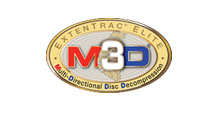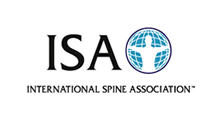
Spine Disorders
|
WHEN TO SEE A SPINE
SPECIALIST You should
seek the advice of a spine specialist if neck or back pain persists for more
than two weeks or if it is progressive in intensity and/or distribution. You
should seek immediate healthcare attention if neck or back pain occurs as the
result of an injury or if it is associated with serious illness and/or a high
fever. Additional signs and symptoms which warrant prompt medical attention
include:
If
neck or back pain increases when you cough or sneeze you may have a herniated
disc. If you experience neck or back pain that persists or progresses you
should be seen by a physician. SCREENING AND
DIAGNOSIS The
first step in determining whether you may have a herniated disc is for your
doctor to acquire a thorough personal history. He or she will then perform a
physical examination which will include the use of various orthopedic and
neurological tests. Orthopedic tests will include evaluation for spinal nerve
root tension, tests which are often positive if a disc herniation is
compressing a spinal nerve and preventing it from gliding. The neurological
portion of the examination will include testing of your reflexes, muscle
strength, sensation, walking ability and coordination. Your doctor may include
a test for sensation and function in the area around the rectum, because this
area can be affected by a herniated disk.
|
















